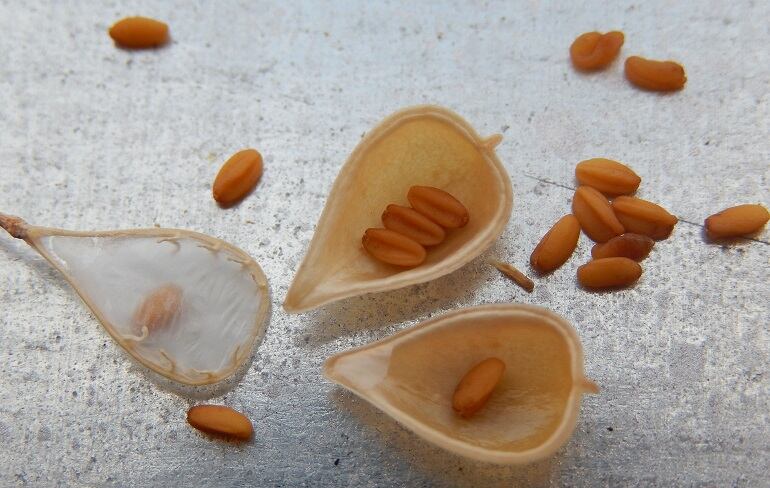After 25 years in the making, Professor Johnathan Napier, PhD, and his team at Rothamsted Research in Harpenden, UK, have seen an application made for regulatory approval for the industrial use of their Camelina plant which has been genetically modified to provide increased levels of EPA and DHA.
After collaborating with Massachusetts-based Yield10 Bioscience, Inc. at the end of 2020, the lab project is transforming into a truly scalable commercial opportunity thanks to Yield10's application for approval for the plant to be grown commercially by farmers in the US.
“It’s exciting for us plant scientists to get to this stage. Although we’ve been doing this for 25 years it still really exciting that we’ve come so far,” asserts Prof Napier.
“There’s been an upturn in interest in our omega-3 in the last few months alone as a result of this application.”
The application was made in July 2023 and Prof Napier hopes approval will be given within the next six month.

Yield 10 has additionally applied to grow the crop in South America, which he explains would do wonders for scalability as it would enable the ability to grow throughout the year.
Discussing just how much impact this crop could have on the omega-3 oils market, Prof Napier says that it would be hard to make a ‘big dent’ on the likes of the aqua feed industry but they are “well positioned to make a sizeable dent" when it comes to meeting the needs of the supplement industry.
Ultimately though, he says their ambition is to serve all markets that have a need for omega-3 oil and the team is working hard to ensure its positioned to do that when regulatory approval does come.
“We are growing the crop year in year out to bulk our seed supplies, so when it is approved and we are sitting on 20 kilos of seed we can go out to plant straight away.
“We want to be well set to jump in and scale up immediately so we have a commercially viable product.”
Ripe consumer demand
The plant scientist explains that demand is high for a sustainable omega-3 sources in the aquafeed, human nutrition and pharmaceutical industries.

“The project has been my life’s work and I honestly believe there’s some genuine merit in it. We’ve got something useful that will be of utility to a range of different sectors because everyone wants omega-3 fish oil and its just getting more and more expensive.
“Whether you want it as a supplement, food ingredient or pharmaceutical there’s not plenty more fish in the sea.”
Rothamsted scientists have collaborated with researchers at Reading University to conduct studies into the applicability of the oil within food and drink.
They are currently experimenting with integrating the oil into a yogurt drink, conducting sensory examinations to check the texture and flavour profiles are acceptable.
They have also worked with researchers at the University of Southampton to confirm the oil provides the same amount of DHA and EPA as fish oil.
What’s more, consumers can be sure the oil is free from heavy metals and PCBs and other unpleasant contaminants which can be off putting for all consumers, but particularly to certain high-risk segments of the market, such as pregnant women.
Discussing the growing demand for plant-based sources of omega-3, Prof Napier adds: "Of course, many consumers are going vegan for ethical reasons and this is exactly the sort of thing that an ethical vegan will want – a nutrient that they find hard to get through their diet, derived from a plant source.
“Consumers are also aware that sourcing fish oil from the oceans comes with a big environmental foot print – it’s a massive industrial process and it has a big impact on the environment.”
“It’s really expensive to source fish oil too, especially for those looking for high concentration and specification for supplements so this is cleaner, more sustainable, and also can be produced in a more sustainable and reliable fashion.”


